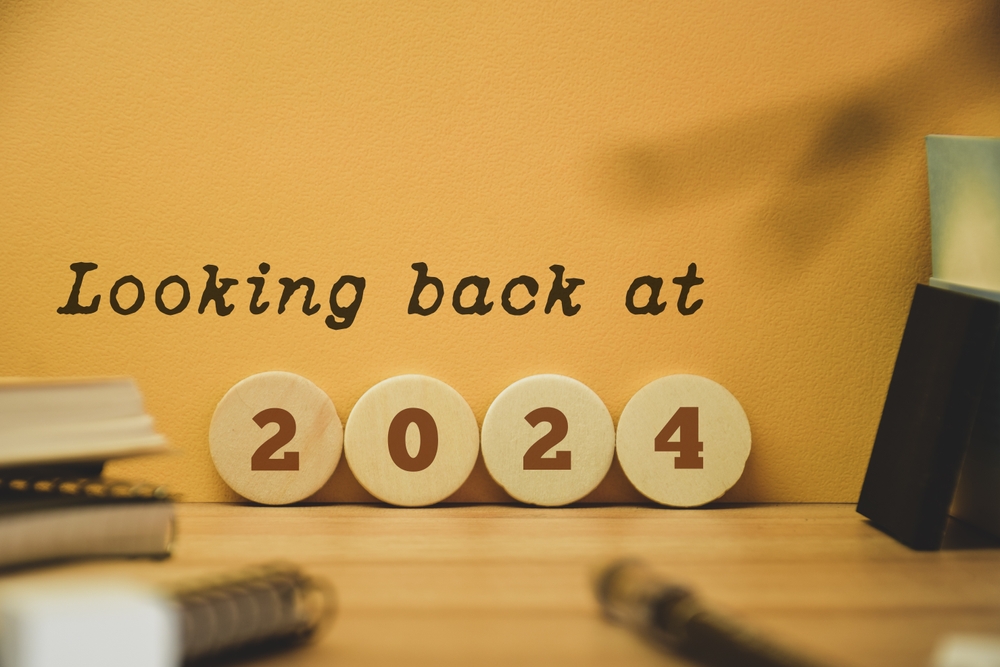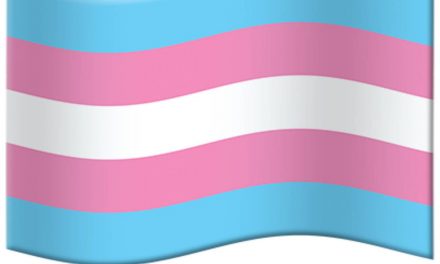(Photo Credits: Linaimages from Shutterstock)
As 2024 comes to a close, we reflect on the key moments that defined this year for the LGBTQ+ community worldwide. From historic wins to sobering setbacks, these milestones remind us of the progress made and the work that lies ahead.
On January 1, Estonia became the first former Soviet republic to legalize same-sex marriage, setting a progressive tone for the year. Shortly after, on January 9, France made history by appointing Gabriel Attal as its first openly gay Prime Minister.
February saw significant developments, with Greece legalizing same-sex marriage on February 15, followed by the law coming into force the next day. In contrast, darker moments emerged when Ghana passed a harsh anti-LGBTQ+ bill on February 28, punishing advocacy with up to five years in prison. Meanwhile, Australia’s Cumberland City Council banned drag queen storytime from council events on February 29, reflecting ongoing cultural divisions.
In March, Australia took a progressive stance, with New South Wales banning conversion therapy on March 22. Thailand moved forward with LGBTQ+ rights when its House of Representatives passed a preliminary same-sex marriage bill by a landslide vote on March 27.
April brought a mix of advances and challenges. Germany simplified gender-identity changes with a law passed on April 12, while Sweden lowered the legal age for gender change to 16 on April 17. Dominica decriminalized homosexuality on April 23, a significant milestone in the Caribbean. However, Iraq’s Parliament criminalized same-sex relationships on April 27, imposing severe penalties (maximum of 15 years in prison).
In May, the United Methodist Church struck down its 40-year ban on same-sex marriages and gay clergy on May 1, signaling a shift in religious inclusivity. Later, Liechtenstein repealed its ban on same-sex marriages on May 16, effective January 2025.
June marked pivotal victories as Thailand’s Senate approved its same-sex marriage bill on June 18, making it the first Southeast Asian nation to do so. Namibia’s High Court decriminalized homosexuality on June 21, advancing LGBTQ+ rights in Africa.
The momentum continued in July, when the Netherlands’ Supreme Court extended same-sex marriage to Aruba and Curaçao on July 12. Conversely, setbacks occurred in August, as Bulgaria banned LGBTQ+ topics in schools on August 7, restricting inclusivity in education. India, however, issued an advisory on August 28, ensuring LGBTQ+ individuals could open joint bank accounts and nominate their partners as beneficiaries.
In September, Thailand officially enacted its marriage equality bill on September 24, cementing its status as a trailblazer in Asia. However, Georgia took regressive steps, passing anti-LGBTQ+ laws on September 17 and enacting them on October 3.
Finally, December closed the year on a mixed note. Alberta’s legislature passed three bills targeting transgender rights on December 3, highlighting persistent battles in North America.
As we move into 2025, these events serve as a reminder of both progress and ongoing challenges. Together, the global LGBTQ+ community continues to fight for equality, dignity, and justice.










Yin & Yang of Homosexuality within The World.
win some & lose some it’s all in the game the ebb & flow of existence
Gay Americans, enjoy legalized marriage while you can. There is Orange
lunatic in the White House who will fill the Federal courts with anti-gay judges.
Its over.
yo, many of us homosexuals voted for Trump even if you didn’t. blacks and zebras, too!
Trump is not anti-LGTBQ+. He has appointed some of them to key positions in his administration. This has been reported by many media organizations, the least of which are Liberal in their slant. It’s always good to get your news from a variety of sites, not just the one or two that favor your political and social position. Agree with Zebra … many homosexuals voted for Trump and other Conservative candidates because they saw how the Liberal/Progressives had dis-served the country over the last four years and were offering little that would benefit all Americans. Again, this has been reported… Read more »
In November, US voters saved the countless gains in LGTBQ+ equality that had been made since the 1970s. LGTBQ+ equality had been highjacked by Left/Progressive/Democrat extremists who chose to force sexuality and gender on the general population in key areas: · In workplaces, divisive DEI initiatives were made “vogue”. Instead of promoting equality and inclusion, these initiatives promoted division and hatred between LGTBQ+ individuals and Straights. · Young girls and young women were expected to compete in sports against biological makes who in general are larger, more powerful and faster than females. This inclusion presented physical and emotional dangers for girls and… Read more »
Hello